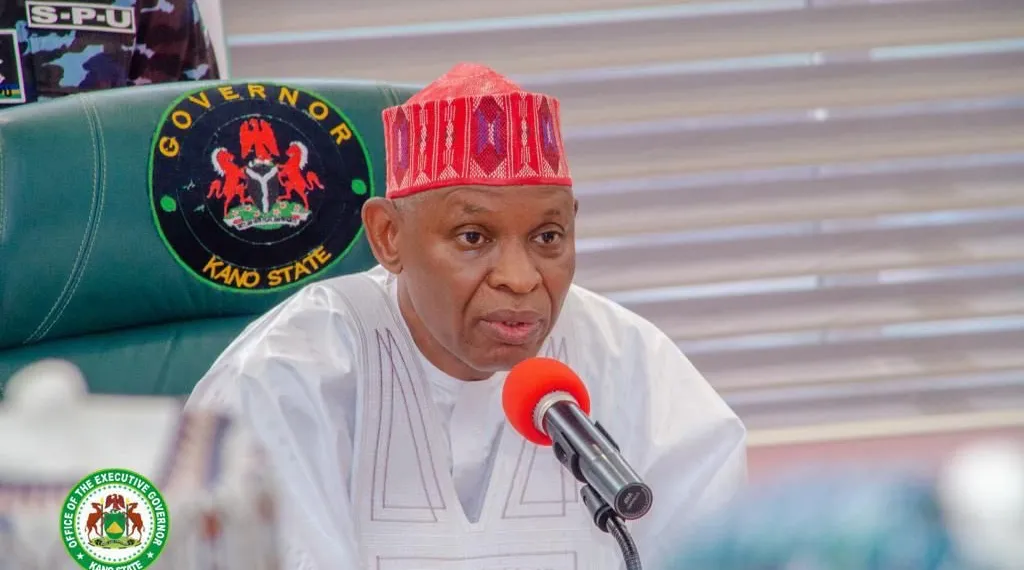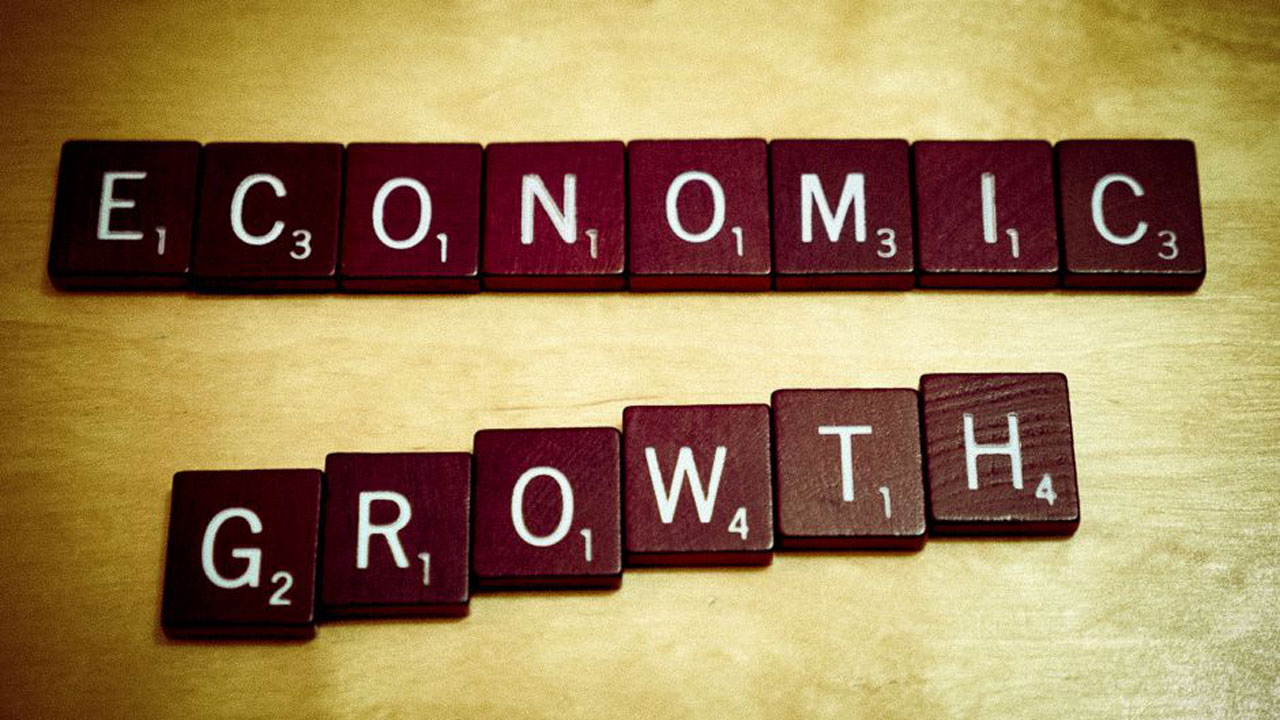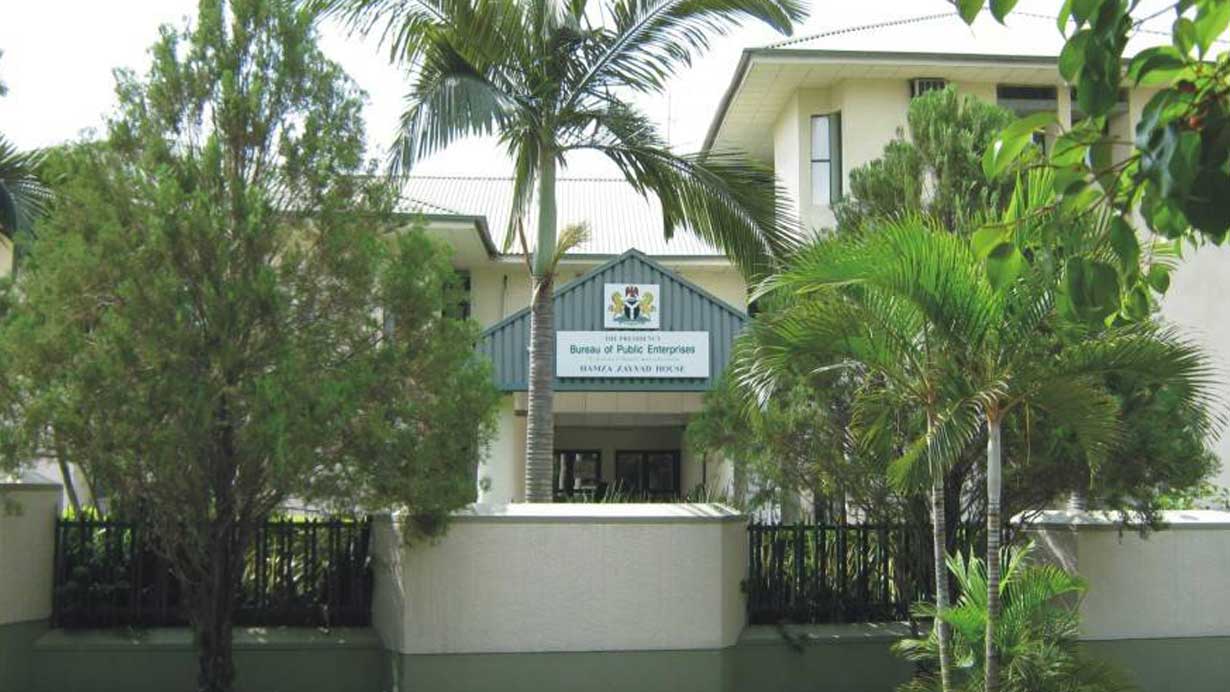
SIR: My experience as a Branch Internal Auditor in a now-consolidated commercial bank during the 2000s taught me the importance of accountability and oversight in institutions. In this role, I identified exceptions, assessed their impact, and recommended corrective actions. This skillset has since informed my understanding of the need for transparency and accountability in governance and political institutions.
Akinwumi Olojo, my former Line Boss and the bank’s Chief Internal Auditor, would often remind us that a governor paying salaries is merely fulfilling his contractual obligation to the electorate. “Thanking him for doing his job,” he’d say, “is akin to praising a student for attending school.”
At a time like this, Olojo’s aphorism, “Delayed or defaulted salaries are symptoms of institutional distress”, readily comes to mind. This adage underscores the critical role Internal Auditors play in ensuring organizational accountability, efficiency and good governance. In the context of democratic governance, this principle is equally applicable – and perhaps even more crucial. Well, I will come back to that later!
That said, it is no longer news that, after a clutch of off-cycle gubernatorial elections, the 2026 contest in Osun State looms large. Anambra State, of course, looms in-between. The issues in Osun, coming so close to the 2027 general elections, will test the waters as to the wind and the political current on the road to the presidential election a year later.
Obviously, Osun is currently in a state of political flux! It is at the moment with no defining or dominant political headwind and all eyes can see it! The All Progressives Congress (APC), the main opposition party, is still reeling from its unexpected loss in the governorship election two years ago. Indeed, it is difficult to define the party since it is hardly portraying itself as a cohesive, effective opposition. It’s a classic case of ‘when the going gets tough, the tough get going’ – but in this case, Osun APC seems to be stuck in neutral. It’s also a case of ‘better the devil you know’ – but in this case, the devil is reveling in the trappings of power and further tightening its grip on the state.
Unless Osun APC can offer a compelling alternative to the current arrangement that has become conveniently mired in the miasma of ‘Owambe’, the state’s anomie will likely worsen. This could lead to a low voter turnout in 2026, which might not be surprising because, even Ondo State with heightened political activities had a voter turnout of an unacceptable 27%. This scenario goes against the grain of the typical Yoruba values of enlightened self-interest and the use of politics as an avenue to push the progressive agenda associated with the quest to make ‘life more abundant.’
With 2026 fast approaching, Osun APC needs to decide on zoning for its 2026 governorship candidate to avoid a chaotic primary election. If not managed carefully, this could lead to severe electoral consequences. With the PDP likely to present a unified front, leveraging incumbency power, APC will be at a disadvantage. For his own good, the candidate must be a unifier and must be experienced. This time, the party must also be expansive and avoid premature triumphalism. After all, it’s precisely the absence of expansiveness and the shedding of the spirit of accommodation that led to PDP’s victory in 2022.
• Abiodun Komolafe wrote from Ijebu-Ijesha, Osun State.






